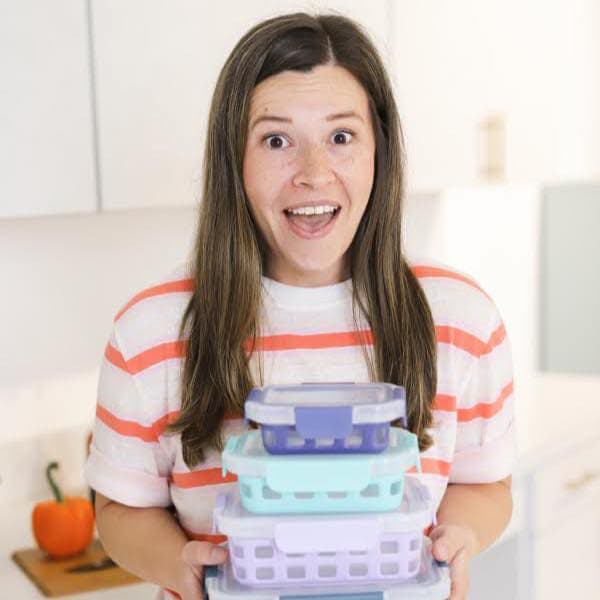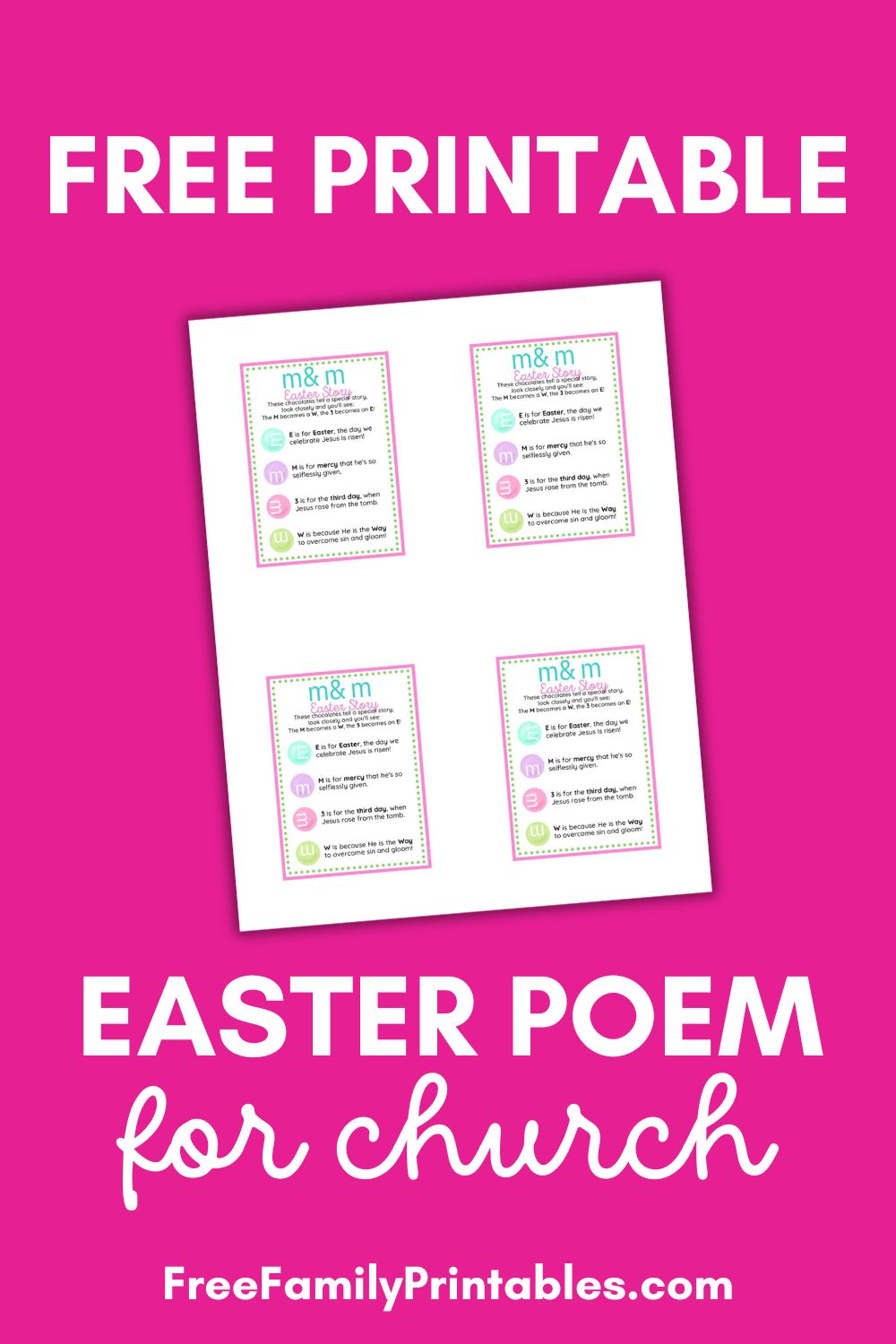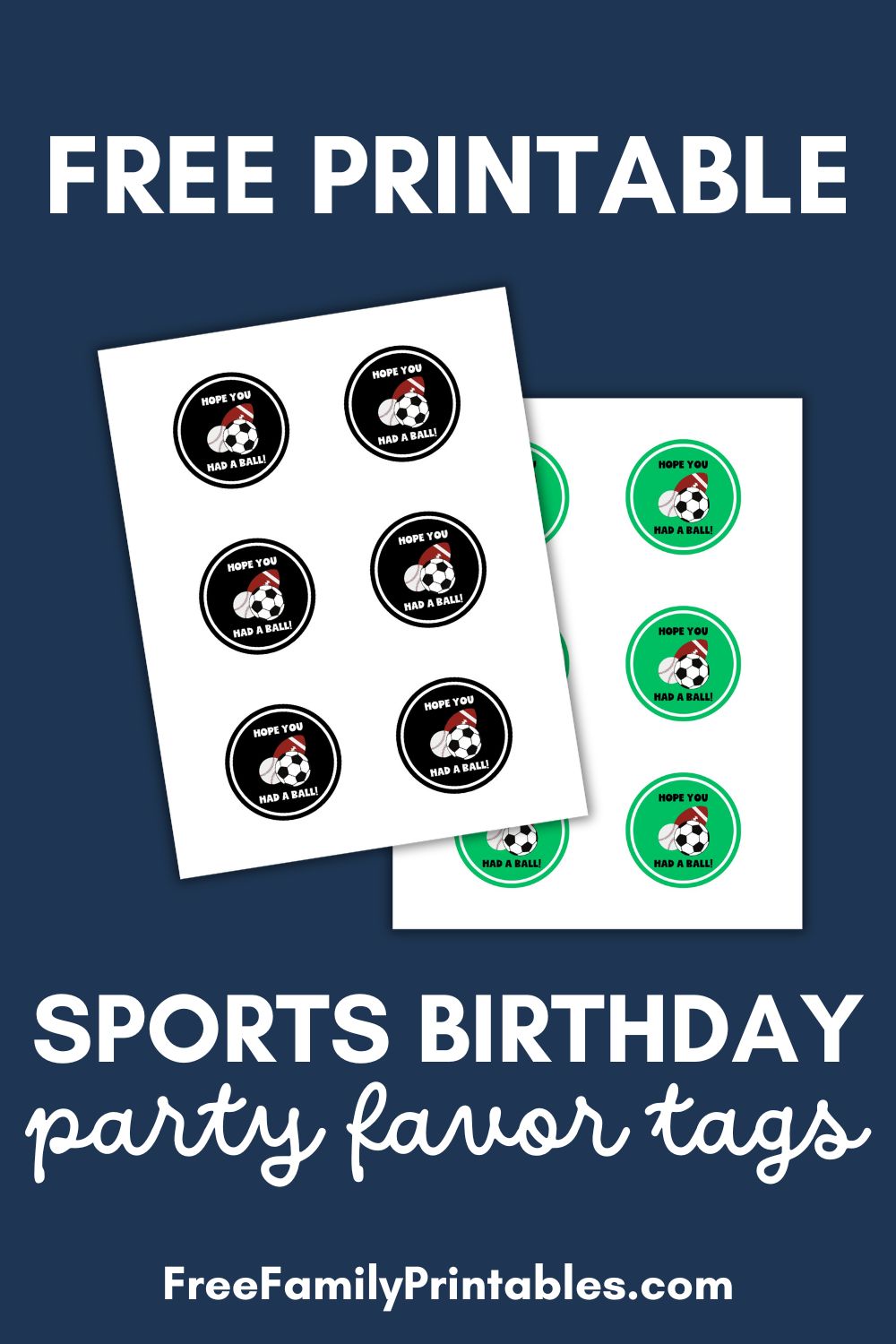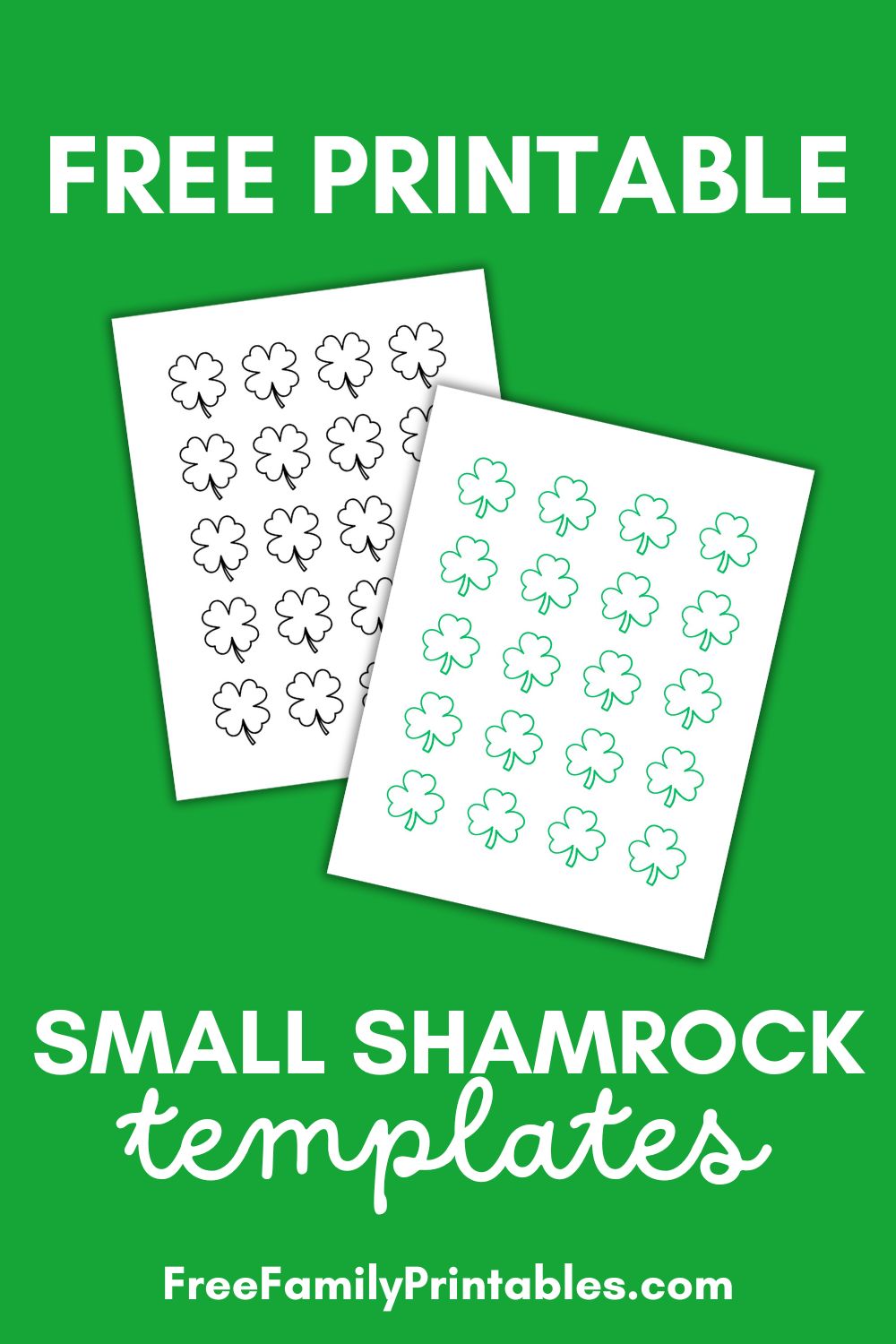Are you looking for a few simple tips for a personal budget that works?
Creating a personal budget does not have to be difficult, and can actually be fun and very rewarding!
If you aren’t sure how to make a personal budget, or can’t seem to stick to a budget, you might need some tips to make it work!
Grab your free personal budget worksheets (PDF) here, and keep reading for tips and tools to help with your budget.
Related Posts: Why you need a Budget for Your Household, How to Make a Budget for Beginners
5 Simple Tips for a Personal Budget That Works!
Be Realistic with Your Budget
Maybe you just discovered budgeting, and you want to cut out all of your expenses to pay off debt.
If you are used to spending hundreds of dollars every month on clothing, try cutting back before you completely cut it out.
Or maybe you have a family of eight, you likely won’t be able to spend $50/week on groceries, but you can lower your costs by meal planning and prepping ahead for the week.
Don’t set unrealistic budgeting expectations, or you will get frustrated if you fail.
Set realistic, achievable numbers that you and your family can stick to.
Know the Important Numbers: Your Personal Budget Breakdown
When you are making a personal budget, you need to know three very important numbers:
- Income
- Expenses
- Debt Payments
First, add up all of your income for one month.
This will include your “take home” after tax income from your job, and any other side hustle, child support, or other miscellaneous income you might receive each month.
Next, list all of your expenses.
Start with your basic needs that are non negotiable in the budget!
This includes:
- Housing
- Transportation
- Utilities
Finally, list your minimum payments on your debts.
What is left over after covering basic needs, and debt?
We can now assign an amount to other categories like clothing, health insurance, entertainment, and child care.
If you’re trying to pay off debt, you should limit funding too many miscellaneous items, like eating out or vacations.
Throw all of the extra money that you can find to debt!
If you are debt free, you should still be intentional about where your money goes.
Plan out where each dollar will go, even for your fun activities!
Related Post: How to Pay Off Debt Fast, Should I Pay Off Debt or Save?
Identify your Personal Budget Categories
What categories should you include in your personal budget?
The answer is really up to you! This will be different based on your goals for your self, and your family.
Some common personal budget categories are:
- Giving
- Housing
- Utilities
- Transportation
- Clothing
- Entertainment
- Personal Spending
- Child Care
- Food (Restaurants and Groceries)
- Saving
- Health
- Insurance (Auto, Home, Life, Disability)
- Miscellaneous
- Debt Payments
Related Post: Monthly Budget Percentages, Budget Categories You Might be Forgetting
Set Small, Achievable Goals to include in your Personal Budget
In order to decide how much money you will add to each budget category, you need to set goals so you know where you are going.
Ask yourself the following questions to identify the goals you want to achieve with your personal budget.
- Do you have debt?
- What is your debt preventing you from doing with your money?
- Do you have an emergency fund?
- Would you be able to cover a small emergency (under $1000)?
- What about covering a large, more devastating emergency?
- Have you started saving for retirement?
- Are you planning to save for your child’s college education?
- Is giving an important part of your financial plan?
These questions will give you a good idea of where you should be putting your money in your personal budget.
Related Post: How to make a Debt Free Vision Board, How to Set SMART Financial Goals.
Use a Personal Budget Template
“A goal without a plan, is just a wish.”
Write down your personal budget!
Download my free budgeting printables here, complete with printable cash envelopes to help you pay off debt, save money, and stick to your personal budget!
Related Post: How to use the Cash Envelope System
Using a personal budget worksheet, can help you better monitor and keep track all of your money each month.
You should sit down at the beginning of every month, and plan out your budget, deciding where every dollar will go.
A few tips for having a successful budget meeting include:
- Set a date and be committed
- Be ready to listen
- Make compromises
- Celebrate financial wins (Did you save an emergency fund? Pay off a credit card?)
- Dream BIG! (Important financial goals, will push you to achieve more than you could ever imagine!)
Related Post: How to have a Budget Meeting
Basically, all of your money for the month should be spent (on paper) by the first of each month!
If you prefer to use a personal budget app, I absolutely love Dave Ramsey’s Every Dollar App, as well as Intuit’s Mint Budgeting App.
Related Post: Best Personal Finance Apps of 2019
I hope these tips will help you to create a budget that really works! Budgeting is hard, y’all. It takes practice and intention. You can do it, and the financial peace you will feel will be so worth it!
P.S. Don’t forget to download my free budgeting printables PDF here, and get instant access to my resource library and weekly newsletter for more budgeting and frugal living tips!







